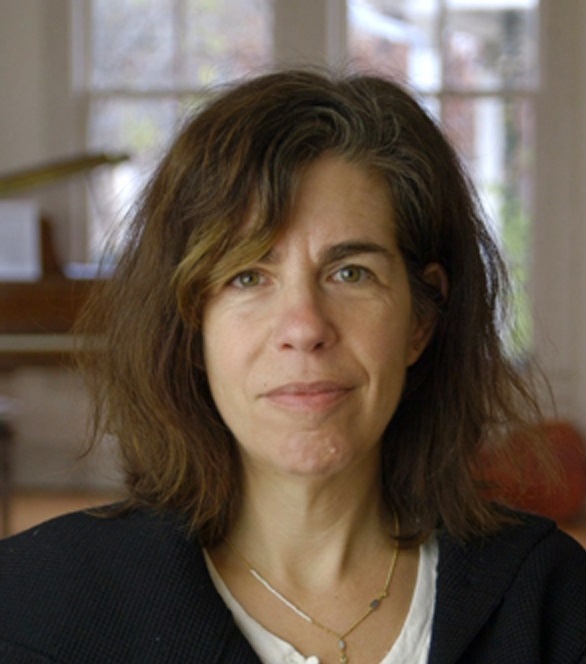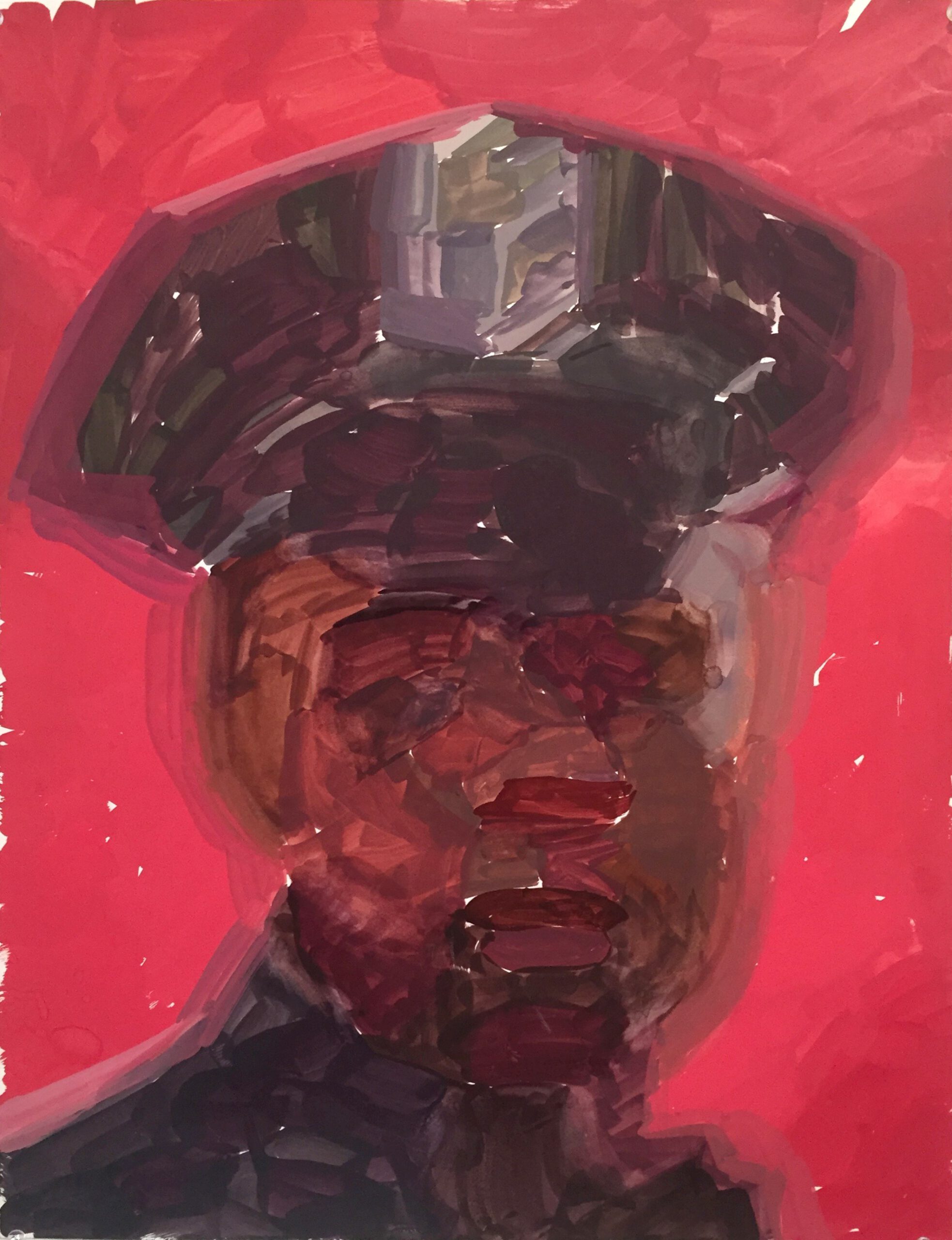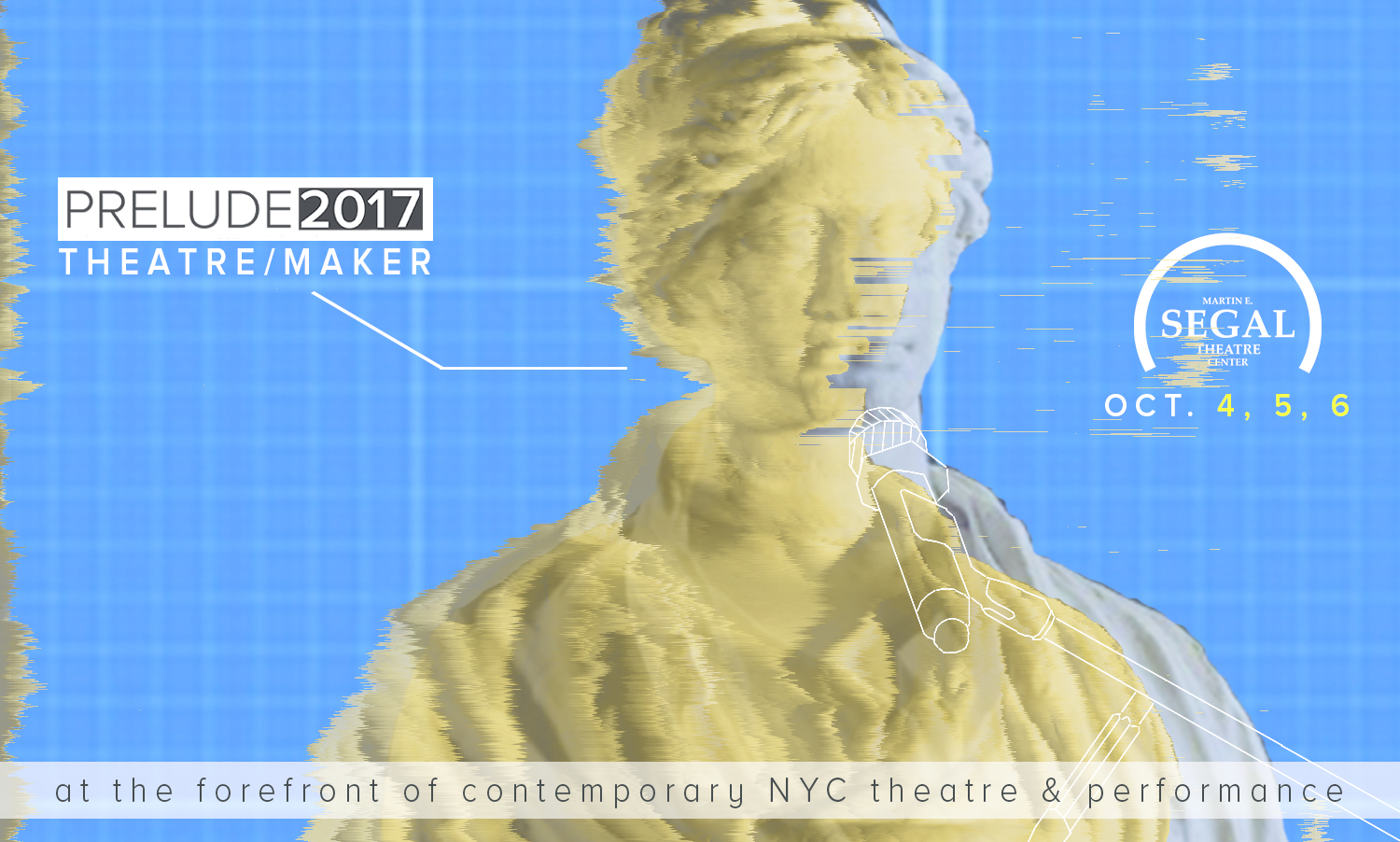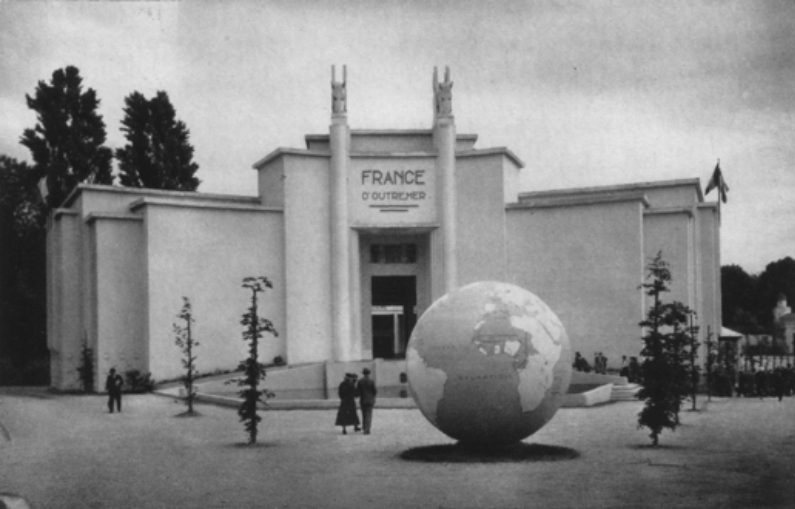Revolution in the Margins, 1917-2017: Modern and Contemporary Art from Eastern, Central, and South Eastern Europe
Fri, Oct 13, 2017
9:30 AM–7:00 PM
The Skylight Room (9100)
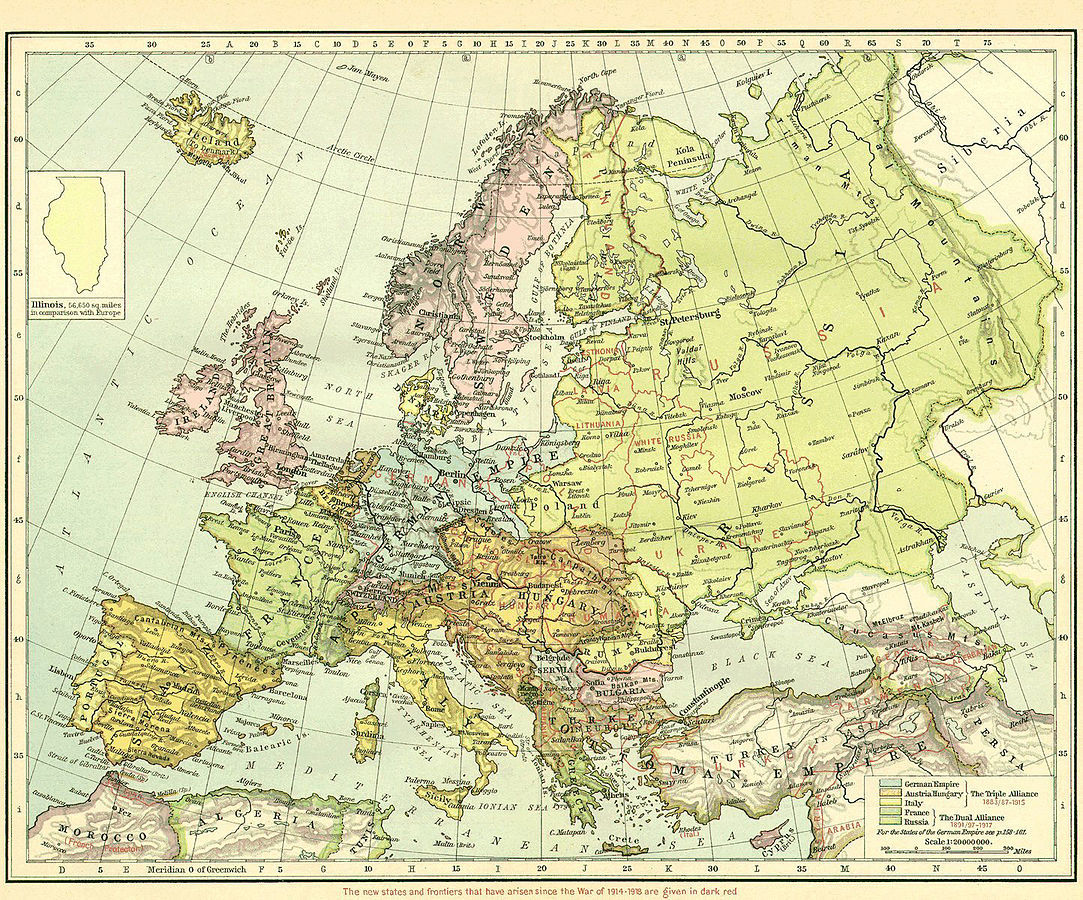
This event is being livestreamed. To view the livestream, click here.
Join us for “Revolution in the Margins, 1917-2017,” a graduate student conference on modern and contemporary art from Eastern, Central, and South Eastern Europe, featuring Keynote speaker Klara Kemp-Welch, The Courtauld Institute of Art, London.
By pioneering a radical form of political governance and redefining the meaning and function of art, the 1917 Russian Revolution marked a critical turn in the political, social, and cultural history of not only Russia, but also the continent more broadly. This conference proposes the centennial of the 1917 Russian Revolution, with its both cultural and historiographical aftershocks in the region, as an opportunity to re-examine the last century of artistic production in the countries of Eastern, Central, and Southeastern Europe. While acknowledging the significant role of the Soviet Union as both a political superpower and an arbiter of cultural policy in the region, a central aim of this conference is to nuance the picture of art in the region by “provincializing” Russia and challenging the common perception that Eastern European art can be entirely equated with Soviet politics and aesthetics. Instead, this conference will highlight the ways in which modern and contemporary artists from these countries—East Germany, the former Czechoslovakia, Poland, Ukraine, Belarus, Latvia, Lithuania, Estonia, Bulgaria, Hungary, former Yugoslavia, Romania, Moldova, and Albania—negotiated their positions within the broader cultural networks of the region.
Among the questions this symposium hopes to address are the cultural and political relationships between East and West, questions of national identity in relation to international avant-gardes, the formation and cultural influence of the politics of the interwar period, as well as artistic collaborations before and after the fall of the Berlin Wall. Foregrounding the relationship between conceptions of internationalism (emphasizing the collaboration in Soviet-aligned countries post-World War II), transnationalism (which transcends national boundaries and is characterized by greater cultural mobility and exchange resulting from independence), as well as national identity within a region in which borders, citizenship, and political allegiances have continually shifted, this conference hopes to disrupt traditional narratives of artistic production in these countries, which have long looked at specific states and artists in isolation or exclusively in relation to the socio-cultural and socio-political context of the Soviet Union.
CONFERENCE SCHEDULE
9:30AM | Coffee and Breakfast
10AM | Introductory Remarks
10:15AM | Provincializing Revolutionary Modernism, 1917-1953
Bay Lauris ByrneSim, Ph.D. Student, Harvard University. Paper: John Heartfield in Prague
Adri Kacsor, Ph.D. Student, Northwestern University. Paper: “The Working Men Have No Country, Except for in Russia and Hungary” – Bolshevism, Nationalism and the Hungarian Avant-garde in 1919
Joseph Henry, Ph.D. Student, The Graduate Center, CUNY. Paper: Tatlinism, or Hausmann’s Bluff
11:30AM | Discussion led by Romy Golan, Professor, Art History, The Graduate Center, CUNY
12PM | Lunch Break
12:45PM | Crises of Internationalism, 1956-1989
Deirdre Smith, Ph.D. Student, The University of Texas at Austin. Paper: “Umjetnik luta”: Goran Trbuljak’s Skills of Observation and Practices of Place
Kata Krasznahorkai, Research Fellow, University of Zurich. Paper: Freedom for Angela Davis! Black Power in the Records of the State Security on Happenings in Hungary in the 1970s
Nicoletta Rousseva, Ph.D. Student, University of Illinois, Chicago. Paper: Art’s Third Way: From Radical Abstraction to Revolutionary Algorithms in Tito’s Yugoslavia
2PM | Discussion led by Magdalena Moskalewicz, Lecturer in Art History, The School of The Art Institute of Chicago
2:30PM | The Global Turn and the Neoliberal Revolution, 1990s-2017
Barbora Bartunkova, Ph.D. Student, Yale University. Paper: Photography at the Margins: The Surreptitious Encounters of Miroslav Tichý and Miguel Ángel Rojas
Wiktor Komorowski, Ph.D. Candidate, The Courtauld Institute of Art. Paper: The 29th Biennial of Graphic Arts in Ljubljana and the Challenges of Post-Socialist Desert
Patricia Pfeifer, Ph.D. Candidate, University of Zurich. Paper: “You Go-Girls.” Negotiating the Post-Communist Condition in the Works of Vlatka Horvat and Marta Popivoda.
3:45PM | Discussion led by Katherine Carl, Curator, The James Gallery
4:15PM | Break
5PM | Keynote Address
Klara Kemp-Welch, Lecturer in 20th Century Art, The Courtauld Institute of Art, University of London
Title: “Networking the Bloc:” Repositioning East European Experimental Art in a Global Field
5:45PM | Concluding Discussion Panel
Romy Golan (Moderator), Professor, Art History, The Graduate Center, CUNY
Klara Kemp-Welch, Lecturer, The Courtauld Institute of Art
Claire Bishop, Professor, Art History, The Graduate Center, CUNY
Katherine Carl, Curator, The James Gallery
Magdalena Moskalewicz, Lecturer, The School of The Art Institute of Chicago
Click here to visit the official conference website.
Co-sponsored by the PhD Program in Art History at the Graduate Center, CUNY.
https://vimeo.com/238420089Participants

Alise Tifentale

Claire Bishop

Katherine Carl
Deputy Director and James Gallery Curator
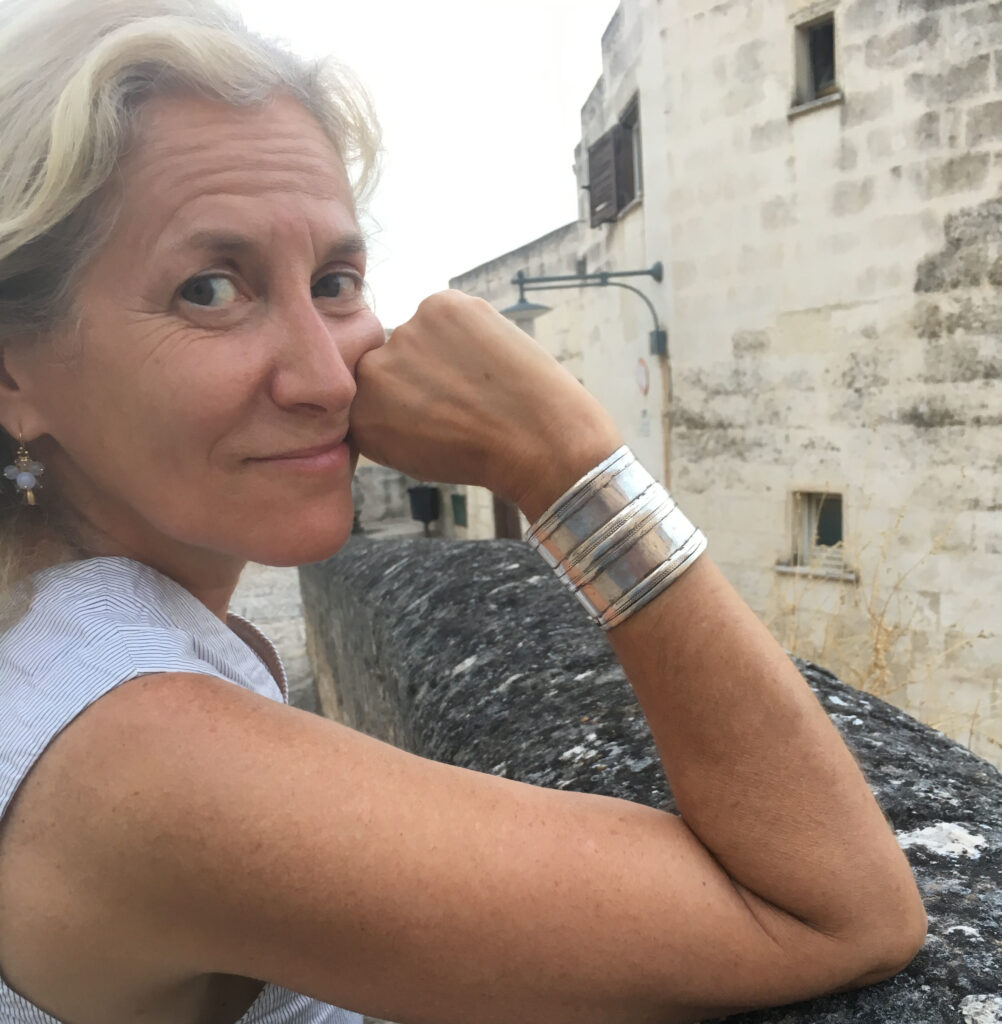
Romy Golan

Joseph Henry

Patryk Tomaszewski
Rachel Wetzler
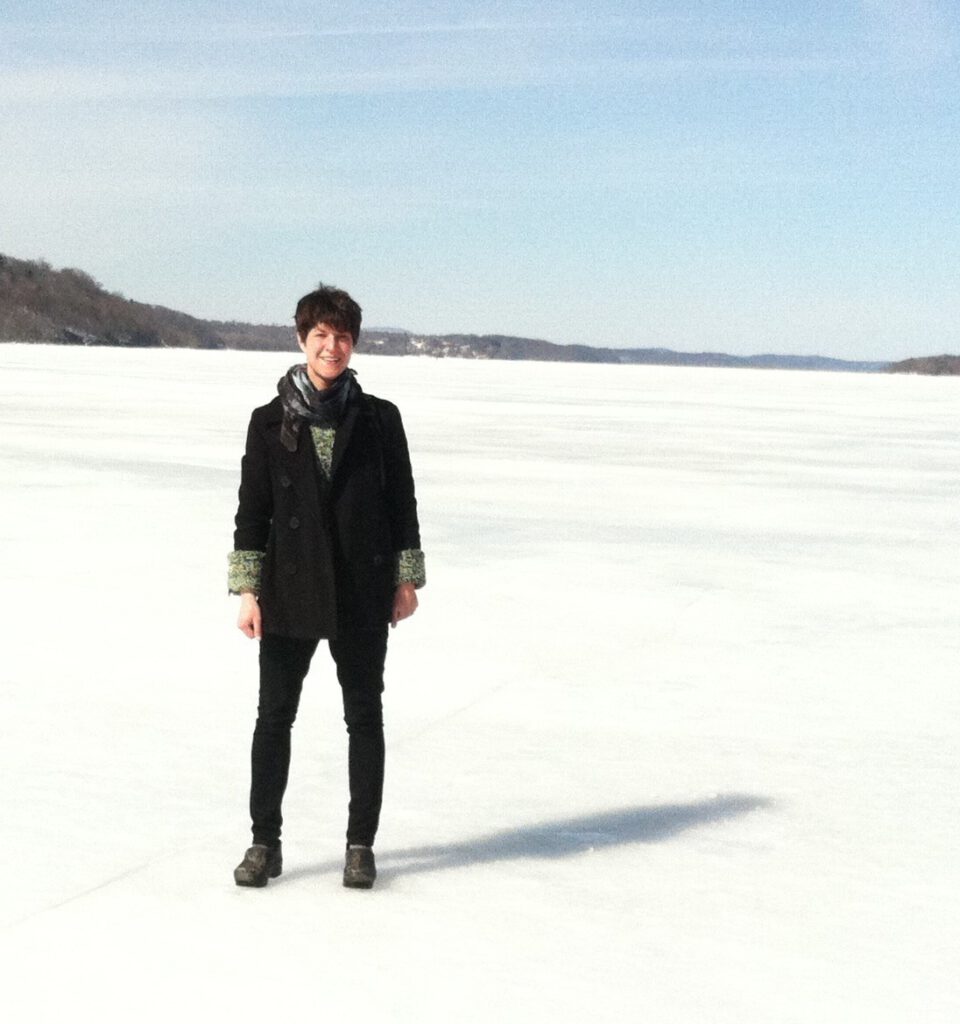
Patricia Manos
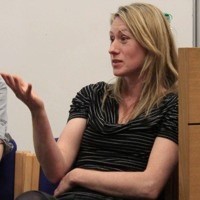
Klara Kemp-Welch

Magdalena Moskalewicz
Related Events
Conversation
Unintentional Community, from Shared Experience to Action
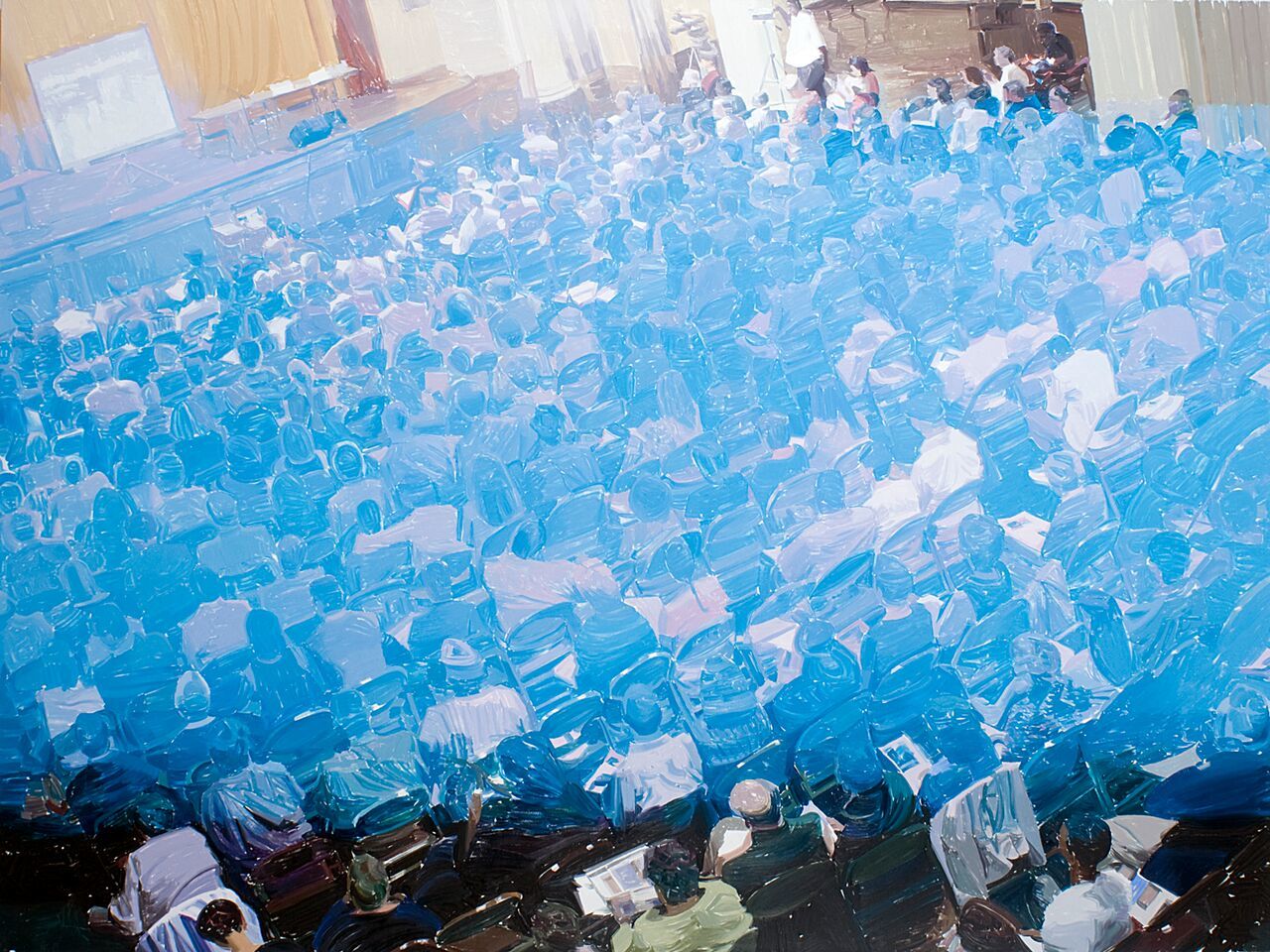
Lecture
post Presents: Katy Siegel on curating the exhibition Postwar
